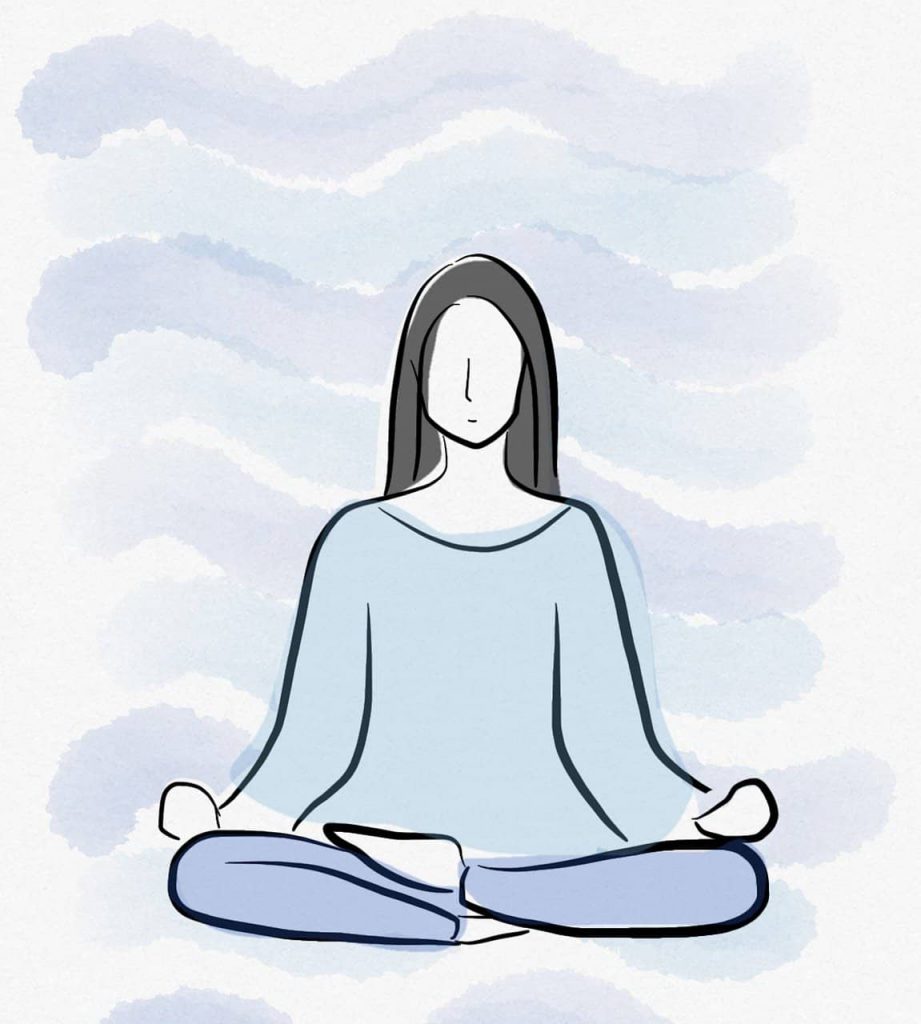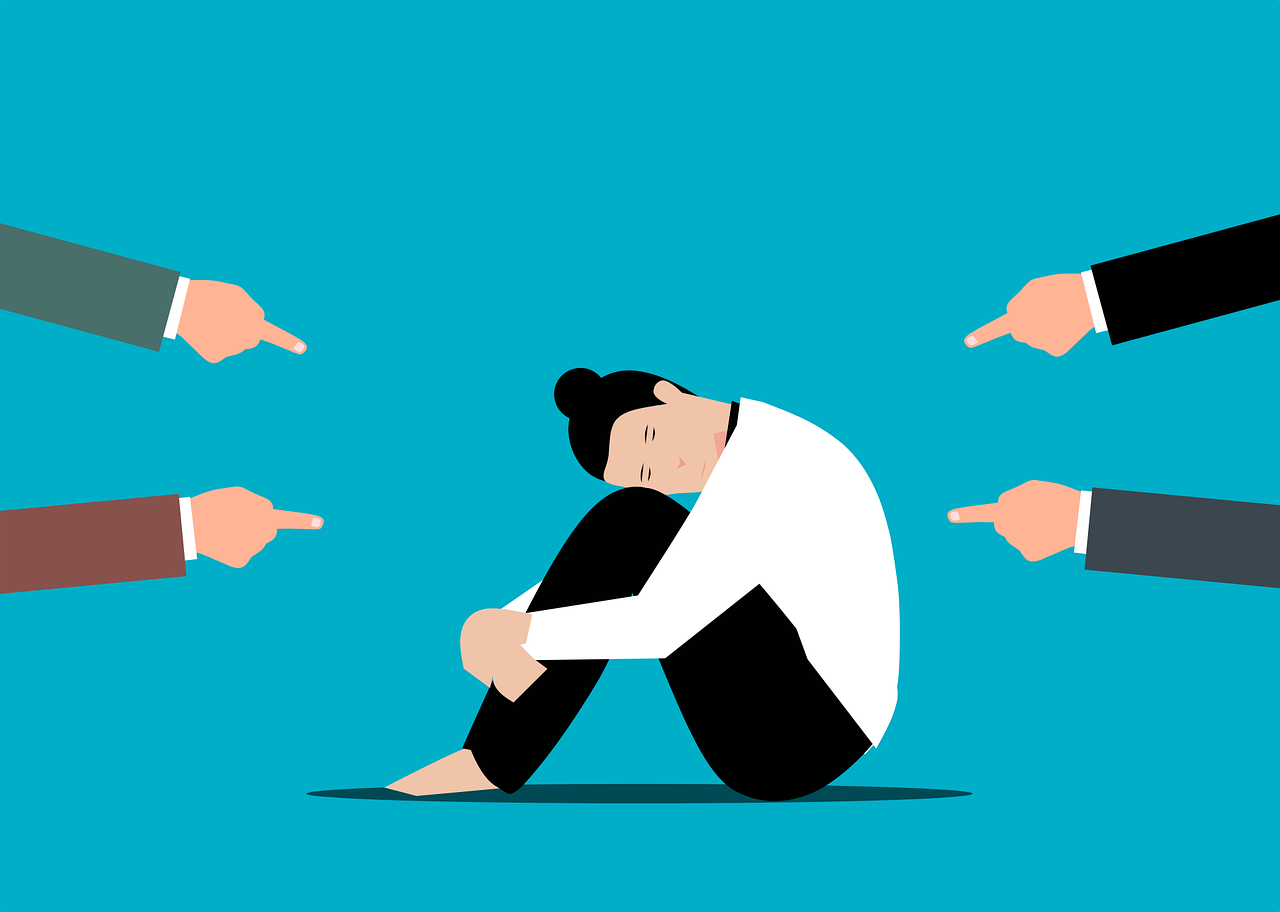The Psychological Effects of Hating Your Job: Understanding the Impact on Mental Health and Well-being
31 May 2023 | 2 mins read
- Employee resources
Hating your job can have significant psychological effects on your well-being. Many people spend a significant portion of their lives at work, and if they don’t enjoy what they do, it can take a toll on their mental and physical health.

According to a recent study, job dissatisfaction is associated with an increased risk of depression, anxiety, and sleep disturbances.
Chronic stress is one of the most common psychological effects of hating your job. It can lead to physical health problems such as high blood pressure, weight gain, and heart disease. In addition, it can also affect your emotional health, leading to irritability, mood swings, and difficulty concentrating.
If you’re experiencing chronic stress due to job dissatisfaction, it’s essential to take steps to manage it before it becomes a chronic condition.
Psychological Effects of Hating Your Job
Hating your job can have significant psychological effects that can impact your mental health, personal life, and career growth. According to a 2022 Gallup report on the global workplace, only 21% of employees feel engaged at work while the rest feel emotionally detached (60%) or downright miserable (19%).
With the average person spending 81,396 hours of their life at work, that kind of dissatisfaction can have a ripple effect across the rest of your life.
Mental Health Impacts
Hating your job can have a severe impact on your mental health. Chronic stress, depression, anxiety, insomnia, and constant burnout are some of the common psychological side effects of hating your job.
Anxiety can make you feel jumpy, jittery, and sensitive, which can stop you from accomplishing your work. It can also impact your daily life and relationships.
Workplace Environment and Culture
The workplace environment and culture play a significant role in job satisfaction. If you work in a toxic environment where your boss or colleagues are constantly criticizing you or setting unrealistic expectations, you are likely to feel unhappy at work.
Unchecked, disgruntled workers can shape colleagues’ views of the workplace negatively, creating an environment in which even more workers may hate their jobs.
Personal Life and Relationships
Hating your job can also affect your personal life and relationships.
If you are unhappy at work, you may bring that negativity home with you, which can impact your relationships with your family and friends. You may also find it challenging to enjoy your hobbies or pursue other interests outside of work.
Productivity and Career Growth
When you hate your job, you are less likely to be productive, which can impact your career growth. You may find it challenging to focus on your work, which can lead to missed deadlines or poor performance. Additionally, if you are unhappy at work, you are less likely to take on new challenges or seek out opportunities for career growth.
In conclusion, hating your job can have a significant impact on your mental health, personal life, and career growth. It is essential to recognize the signs of job dissatisfaction and take steps to improve your situation, whether that means finding a new job, seeking out support from friends and family, or working with your employer to improve your work environment.






